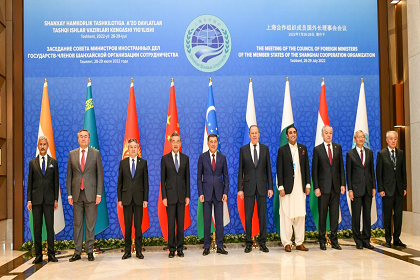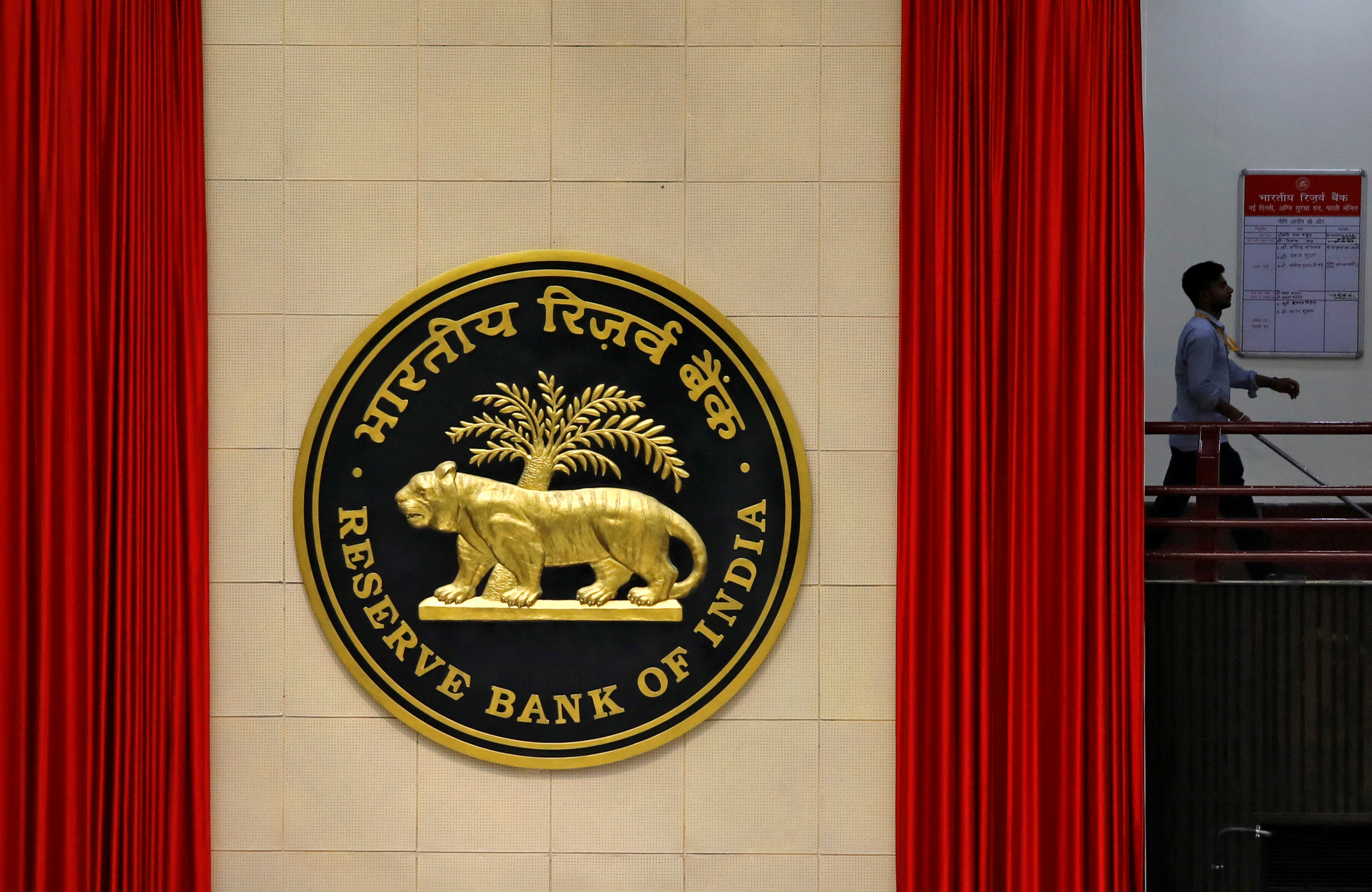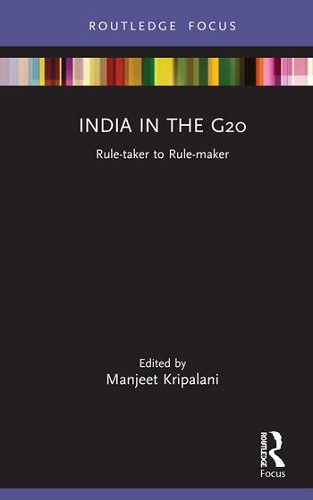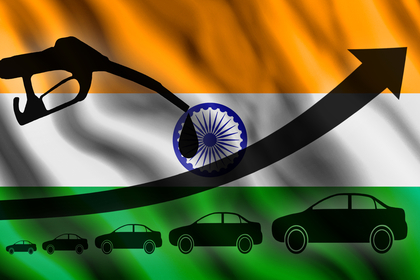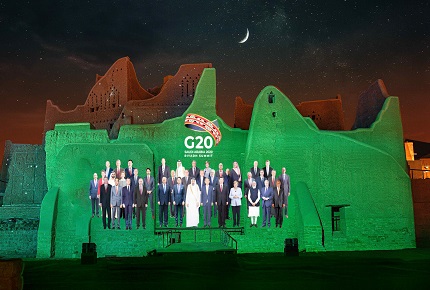In 2023, India will be the President of the G20, often called the world's economic steering committee. This most influential multilateral economic forum is a unique institution, where developed and developing countries have equal stature. It thereby creates opportunities for all to showcase their global political, economic and intellectual leadership, making the global economic governance agenda more inclusive.
This book, a collection of analysis and studies by Gateway House since 2015, explains the G20's importance, its various parts and the contributions made by the 20 countries that comprise it. India's Presidency year provides it the opportunity to 'hold the pen, write the rules’ and lead the G20 year intellectually, financially, managerially and administratively. An excerpt.

